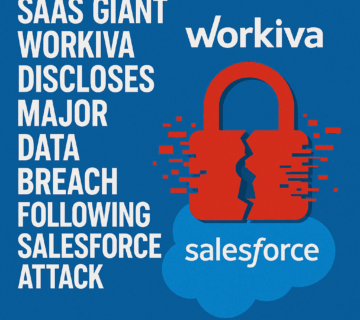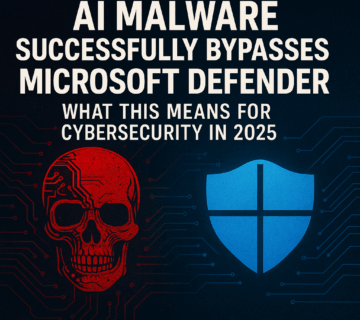
Enterprise Cybersecurity: Protecting Large-Scale Business Systems
Enterprise cybersecurity focuses on safeguarding large organizations from advanced cyber threats that target networks, data, and critical infrastructure. With enterprises handling vast amounts of sensitive information, they face risks such as ransomware, insider threats, phishing, and supply chain attacks. Effective enterprise cybersecurity strategies include zero trust frameworks, encryption, identity and access management (IAM), and continuous monitoring. Businesses also rely on security operations centers (SOCs), AI-driven threat detection, and compliance with regulations like GDPR, HIPAA, and PCI DSS. By combining advanced technologies with employee training and governance, enterprises can strengthen resilience and maintain customer trust in today’s threat landscape.

